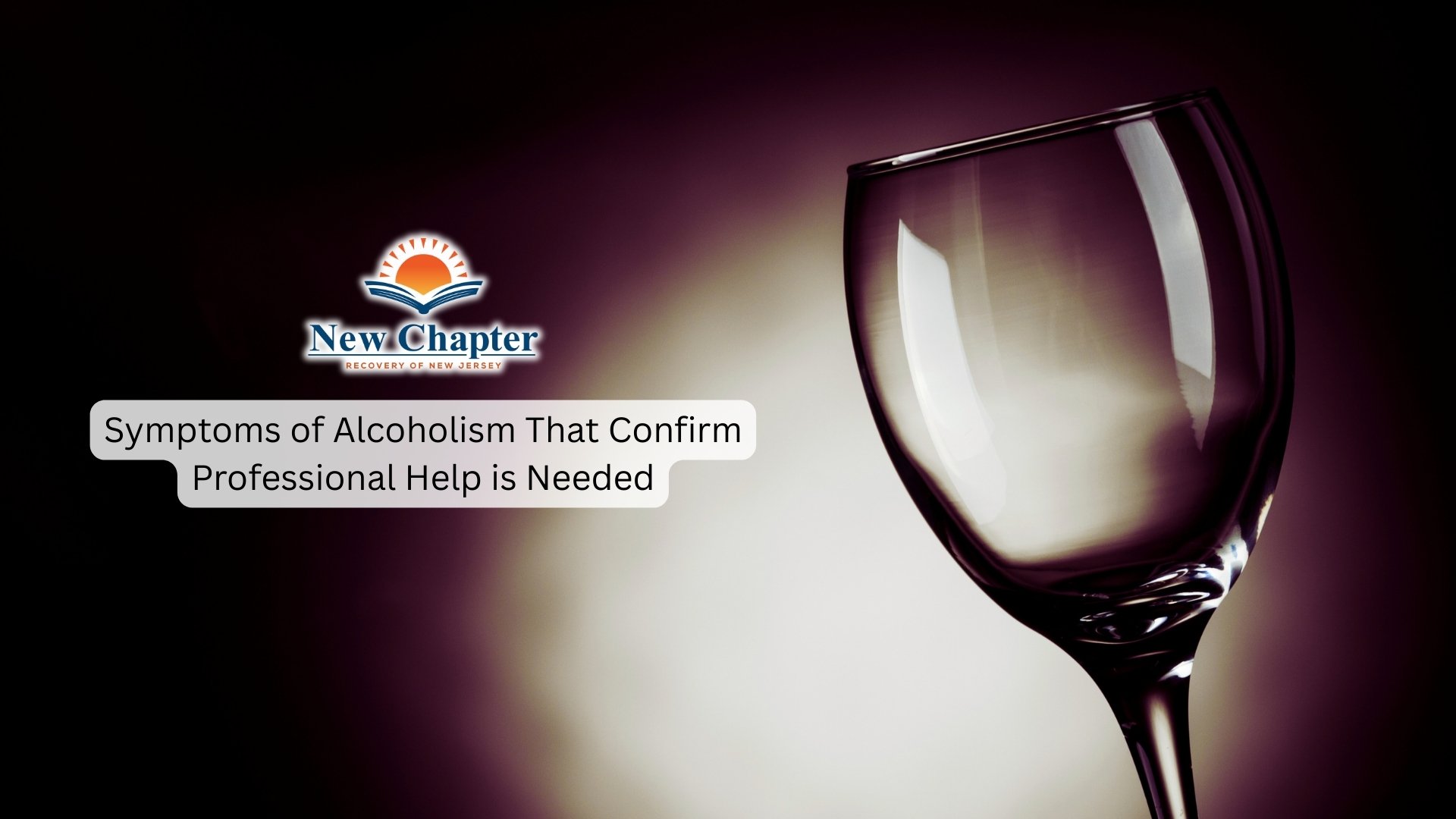Providing compassionate support, encouraging them to reconnect with recovery resources, and establishing clear boundaries can help guide them back on track. At the same time, prioritizing your own emotional well-being ensures that you can offer the best possible support without becoming overwhelmed.
This article explores how to navigate a loved one’s relapse with empathy and practical strategies, equipping you with the tools to support their recovery while maintaining your own resilience.

Understanding Relapse
It’s crucial to understand that approximately 50% of people with substance use disorders experience relapse at some point during their recovery process.
Relapse often begins before the actual substance use occurs, triggered by emotional and environmental factors that can challenge one’s resolve. A lapse, or initial use after abstinence, can quickly escalate into a full relapse if not addressed promptly.
The first year of treatment is particularly vulnerable, as intense cravings and emotional stressors can test even the strongest commitments to sobriety. However, it’s essential to recognize that relapse doesn’t negate the progress made in treatment programs or diminish the value of a strong support system.
Instead of viewing relapse as a failure, consider it an opportunity to reevaluate and fortify recovery strategies.
By enrolling in the outpatient program for addiction treatment that we provide at New Chapter Recovery your loved one will better understand the nature of relapse and its potential triggers as they navigate the challenges of maintaining long-term sobriety.
Immediate Steps to Take
Responding to your loved one’s relapse with compassion and understanding is crucial. Create a safe space for open communication, allowing them to express their emotions without fear of judgment.
Focus on understanding the circumstances surrounding the relapse rather than placing blame. Offer your unwavering support and inquire about their immediate needs, such as attending addiction treatment or therapy sessions.
Encourage them to reconnect with their recovery community and engage in activities that promote healthy coping skills.
Work with them to identify triggers and develop a relapse prevention plan to minimize future risks. Emphasize the importance of self-care and help them prioritize their physical and mental well-being.
Check out these coping skills for addiction recovery which have proven to be effective for those aiming to overcome substance abuse.
Encourage Recovery Support
Family support and community involvement significantly increase recovery success rates after a relapse.
Help them create a detailed relapse prevention plan, identifying triggers and coping strategies to strengthen their future recovery efforts.
Maintain open communication by using “I” statements to express your feelings without casting blame, fostering an environment where they feel safe to share their struggles.
Acknowledge that relapse is a common part of the recovery process; remind them that it doesn’t equate to treatment failure and that hope is crucial for moving forward.
Encourage them to seek professional help or therapy, as access to mental health resources can provide the necessary support for both individuals experiencing relapse and their families.
Be patient, compassionate, and celebrate their successes, no matter how small they may seem, as they navigate the path to lasting recovery.

Establish Firm Boundaries
When a loved one relapses, setting clear and firm boundaries is essential to distinguish between offering support and enabling destructive behaviors. Avoiding financial assistance or providing a place to stay during active substance use can help prevent unintentionally reinforcing their addiction.
Communicating your boundaries clearly ensures they understand that while you care about their recovery, maintaining sobriety is ultimately their responsibility. This also means refraining from covering up for missed responsibilities or making excuses on their behalf, reinforcing the need for accountability.
Though it can be difficult, allowing them to experience the natural consequences of their relapse can encourage self-reflection and motivate them to seek help on their own terms.
Maintain Self-Care
Engaging in self-care practices, such as regular exercise, maintaining a balanced diet, and ensuring adequate sleep, can help you maintain the physical and mental resilience needed to provide effective support.
It’s essential to set aside time for hobbies and social activities that bring you joy and help alleviate stress.
Seeking emotional support through therapy or support groups can provide a safe space to process your feelings and experiences related to your loved one’s relapse.
Prioritizing your mental health allows you to be a more effective and compassionate supporter, ultimately benefiting both you and your loved one on their recovery journey.
Learn more about the importance of self-care in addiction recovery and the impact of those practices on maintaining sobriety.
Final Thoughts from New Chapter Recovery
At New Chapter Recovery, we recognize the intricacies of addiction and the deep effect it can have on people and their loved ones. Our comprehensive approach integrates proven therapies with spiritual support, offering a personalized support system adapted to each individual’s specific requirements. By creating an atmosphere of empathy, and respect, we strive to enable our clients to conquer addiction and embrace a meaningful life in recovery.
Frequently Asked Questions
How can you help someone who denies that they have relapsed?
When a loved one denies their relapse, it’s important to approach the situation with compassion rather than confrontation. Express your concerns using non-judgmental language, focusing on specific behaviors rather than accusations. Encouraging open communication and gently reminding them of their past recovery goals can help them recognize the situation and consider seeking support.
What are some effective strategies for handling feelings of guilt or frustration after a loved one relapses?
Acknowledge that relapse is a common part of the recovery process and not a personal failure. Practicing self-care, seeking support from friends, therapists, or support groups, and focusing on what you can control—such as setting boundaries and encouraging treatment—can help manage these emotions. Remember that addiction is a disease, and self-blame will not change the outcome, but offering continued support and understanding can help.
How can family and friends create an environment that minimizes relapse triggers at home?
A structured and supportive home environment can reduce relapse triggers by removing substances, avoiding stressful confrontations, and promoting healthy routines. Encouraging open communication, engaging in positive activities together, and ensuring access to professional support or meetings can also help. Additionally, maintaining clear boundaries and reinforcing accountability fosters a sense of stability for the recovering individual.
What are some warning signs that a relapse might be approaching?
Common warning signs include increased stress, isolation, withdrawal from recovery-related activities, and a return to old habits or social circles associated with substance use. Mood swings, defensiveness, and expressing doubts about the recovery process may also indicate vulnerability to relapse. Recognizing these early signs and addressing them with support and encouragement can help prevent a full relapse.






